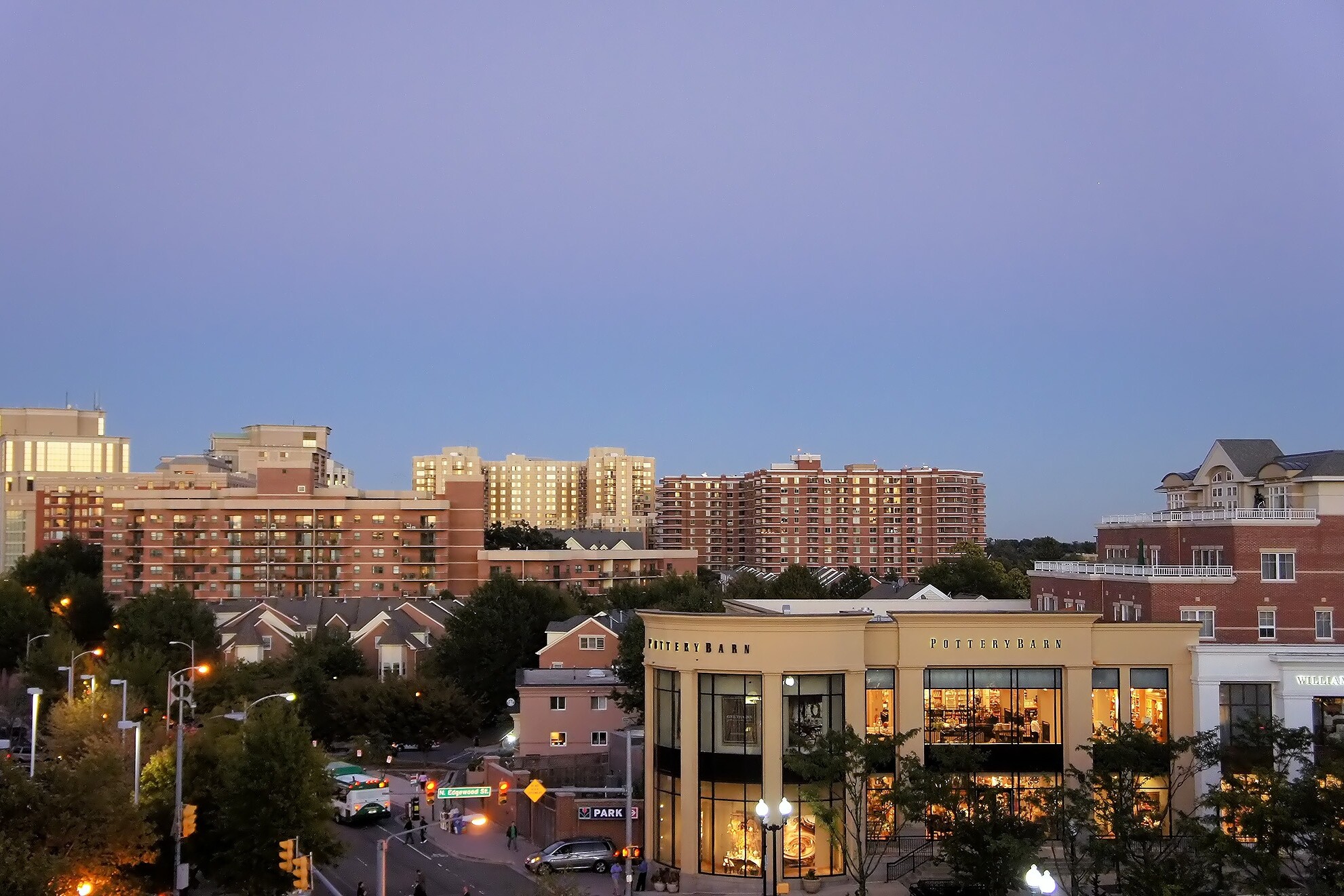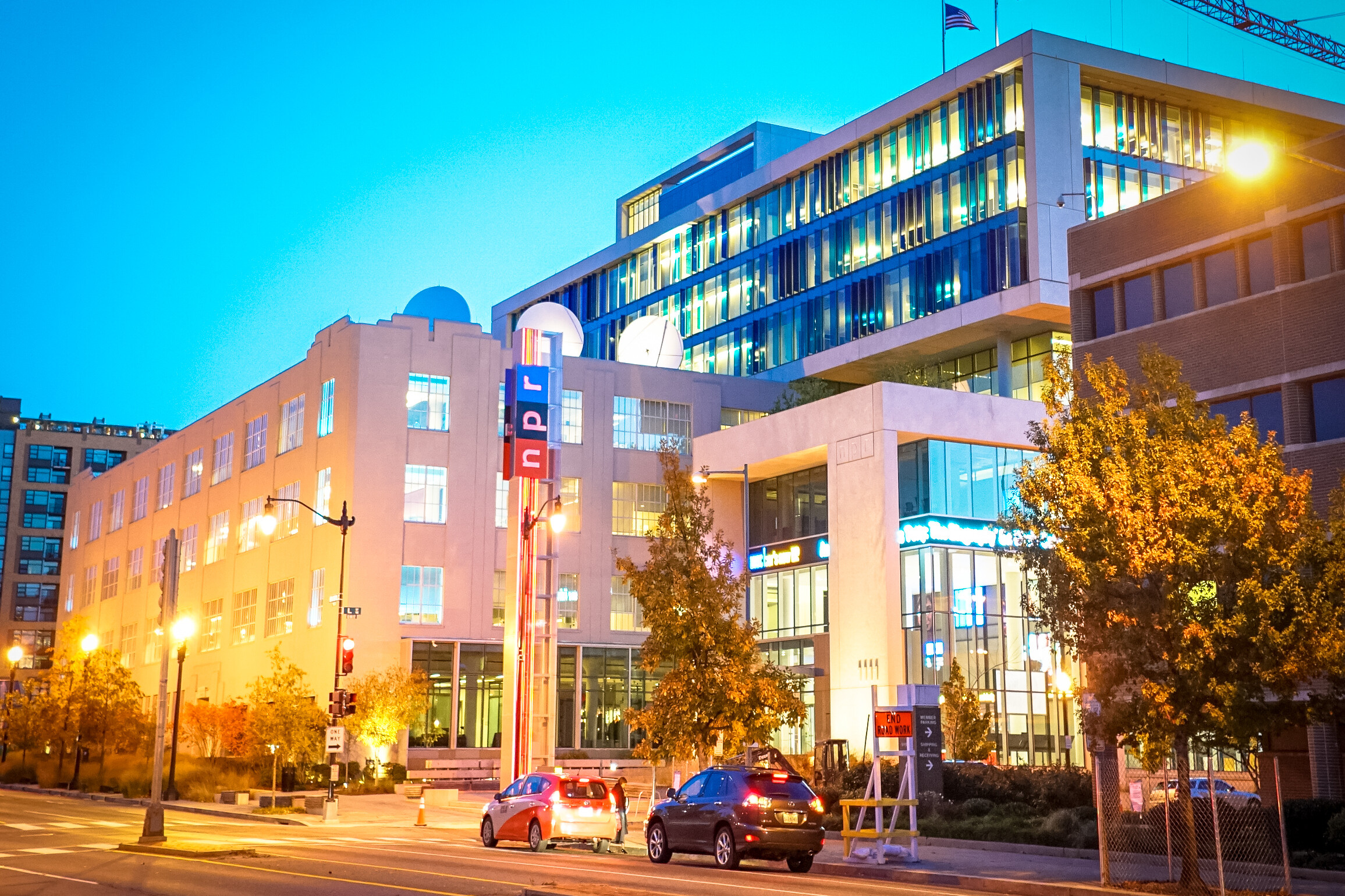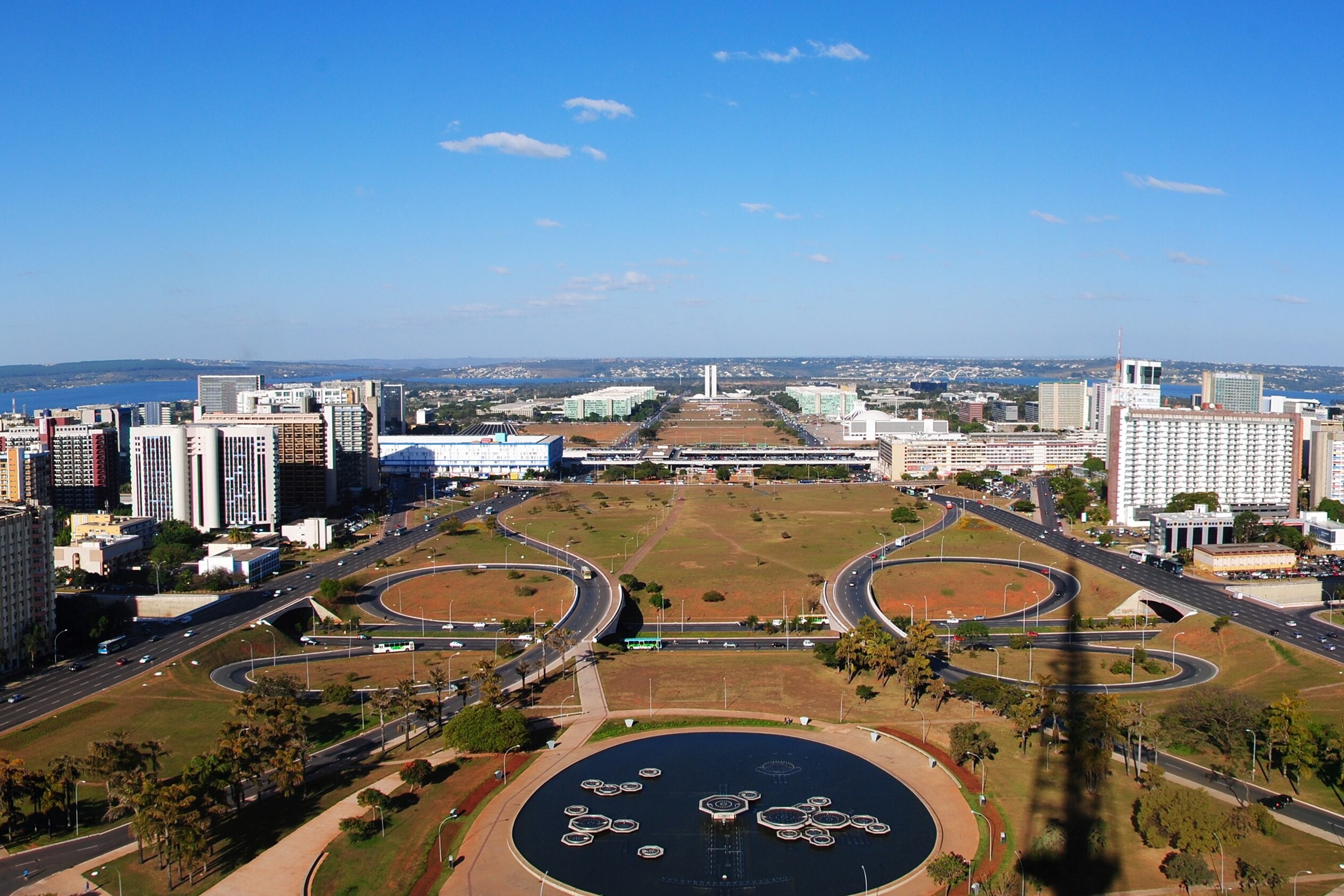For the price of a coffee, almost all Americans can currently benefit from daily, local public media content. But Trump’s budget plan would wipe out many of these resources.
For almost 50 years, the Corporation for Public Broadcasting (CPB) has given 95% of all Americans the opportunity to watch and listen to public media for the staggering price of $1.35 per taxpayer per year, allowing it to reach the most marginalised communities.
However, the Trump administration’s budget blueprint, released in March, features a series of federal cuts to the arts & humanities, including the elimination of the CPB funding that currently keeps the National Public Radio (NPR), Public Broadcasting Service (PBS), and many other public media services across the United States running.
Even if NPR and PBS survived these cuts, a similar blow to the public media budget would mark the end for the smaller local TV and radio stations, which serve the most remote areas of the US, such as rural Alaska.
“There is no viable substitute for federal funding that ensures Americans have universal access to public media’s educational and informational programming and services,” said Patricia Harrison, the CEO of the CPB. “The elimination of federal funding to CPB would initially devastate and ultimately destroy public media’s role in early childhood education, public safety, connecting citizens to our history, and promoting civil discussions — all for Americans in both rural and urban communities.”
The most significant CPB funding, up to 65%, is distributed to local public television stations. Such cuts would indeed end the capability of public service media to inform and provide culturally relevant content to American citizens, which would be severely under-catered for by the larger private media conglomerates.
In a climate of uncertainty, public service media in the US remains the most trusted and reliable source of news and also one of the most followed: NPR’s ratings have recently reached the highest levels in its history with 37.4 million station listeners.
Cutting funds to public service media would thus not benefit the pockets of American citizens or the states’ budgets, it would rather deprive them of an important, local resource.
“It’s not like cutting this would have any appreciable effect on any taxpayer across the country, but losing PBS would,” said Neal Shapiro, president of WNET in New York. “In a lot of markets, the only place for real in-depth local coverage is the PBS station, the only place for arts and culture, the only place for safe harbor for kids.”
The future of public media in the United States remains uncertain. The Public Media Alliance stands in support of the many public media outlets operating in the country and will continue to follow and report on the latest developments.
Header image: National Public Radio Headquarters in Washington DC. Credits: Ted Eytan/Creative Commons
Related Posts
20th January 2017
Trump team to cut federal support for public broadcasters?
The new US administration is reportedly…
20th October 2016
NPR ratings show strength of US public radio
Substantial growth in audience figures…
27th September 2016
The future remains uncertain for public service media in Brazil
The future of public media in Brazil is…


